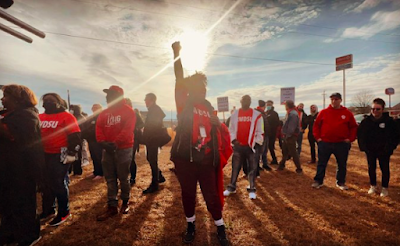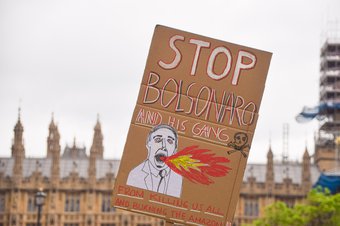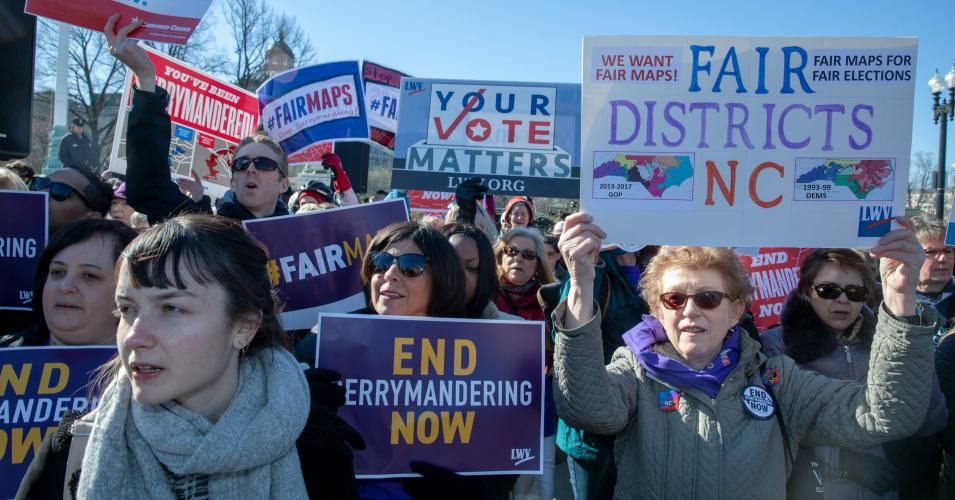After the Left’s success in Chile, Honduras and Peru last year, will Brazil and Colombia follow suit in 2022?
When I first left the confines of my comfortable São Paulo home at the start of the COVID-19 pandemic, I was met with scenes I thought I had said goodbye to in the 1990s.
Whole families living on the streets; children as young as four asking for change at the traffic lights; men lying on the pavements of upmarket neighbourhoods, passed out from hunger or intoxication or a combination of the two.
This was the reality when I was growing up in Brazil on the heels of the country’s hyperinflation crisis in the 1980s and early 1990s. As I grew older and Brazil became more stable, a growing number of Brazilians left the streets. Poverty fell by record numbers between 1992 and 2013, and markedly so after Luiz Inácio Lula da Silva became president in 2003.
Three decades on, Brazil and its Latin American neighbours are experiencing poverty at levels unseen for generations. Amid the economic and social crises aggravated by the pandemic, the region is also seeing a shift in its political preferences: after more than a decade of Right-wing governance, there has been a surge in the election of left-wing leaders.
Recent elections in Chile, Honduras, Peru and Bolivia have led to claims that Latin America is going through another “pink tide”, the political movement that saw the rise of left-wing leaders across the continent in the early 2000s – including Evo Morales in Bolivia, Lula in Brazil, Michelle Bachelet in Chile, Rafael Correa in Ecuador and Hugo Chávez in Venezuela.
The shift to the Left had started before the pandemic, with the election in Argentina of Alberto Fernández (ally of former president Cristina de Fernández Kirchner) in 2019 and of Andrés Manuel López Obrador in Mexico a year earlier. Upcoming elections in the region, particularly in Colombia and Brazil, could strengthen that wave.
But is this new shift an actual vote of confidence for Latin America's Left or a vote against those currently in office?
Brazil: the return of Lula?
Candidates have yet to launch their presidential bids in Brazil, but some names seem all but already set in stone. Lula, who has been leading nearly all the polls since the annulment of his criminal convictions in March 2021 opened the doors for his possible candidacy, said he will decide “in February or March” whether his name will be on the 2 October ballot as the Workers’ Pathe Workers’ Party’s candidate.
Related story
16 January 2022 | David Sogge
The far-Right leader’s status as an international pariah masks some important points of continuity
A poll from mid-January showed that 45% of Brazilian voters intend to support Lula in October, putting him 22 percentage points ahead of the far-Right incumbent, Jair Bolsonaro, who placed second with 23%. While Lula has consistently led the polls, his margin over Bolsonaro has never been this wide.
Lula, who led the country between 2003 and 2010, ended his second term with a staggering approval rate of 87%, a record in the 37 years since Brazil’s return to democracy. Lula’s popularity has withstood the hardships of the past decade, but his party hasn’t shared the same luck. The Workers’ Party, a giant on Brazil’s political stage, lost considerable ground in both the 2018 general election and the 2020 municipal elections, amid allegations of corruption.
Dilma Rousseff, Lula’s protegée and successor as president, ended 2015 with a measly approval rating of 9% – just months before her controversial impeachment, which many see as the undemocratic removal of an elected official akin to a coup d’état. Another key figure in the Workers’ Party, Fernando Haddad, who faced Bolsonaro in the second round of the 2018 election, finished his term as São Paulo’s mayor with a low approval rating of 17%.
But while Lula’s party has undeniably lost power, Lula hasn’t. As the main representative of Brazil’s Left, Lula’s popularity seems to transcend political-spectrum preferences and play on the old Latin American cult of personality. A repeat of his previous presidential success could very well put Brazil back on track – though he would inherit a vastly different country compared to when he first took power, in 2003.
Lula’s consistent lead in the polls doesn’t, however, seem to point to a resurgence of a cohesive Left, as indicated by his willingness to make an alliance with the centre-Right.
Colombia: first Leftist leader in modern history?
In Colombia, a five-decade-long civil conflict fought largely in the context of the cold war established a very clear line between the country’s Left and Right. Organised according to Leninist-Marxist ideals of land redistribution, the armed guerrillas of FARC who ravaged rural areas during their fight against the Colombian Army tainted the notion of the Left in the country. When the rest of Latin America was electing Leftists in the early to mid-2000s, Colombia remained solidly within the centre-Right camp.
For almost all of the 21st century, Colombia has been ruled by Álvaro Uribe or his protegés – Juan Manuel Santos and now current president Iván Duque. But the Uribismo crown seems to be slipping. It began when Santos signed the historic, but divisive peace agreement with FARC in 2016, which Uribe himself opposed. Santos was replaced in 2018 by a more fervent Uribista, but Duque, who is approaching the end of his term, is the least popular president in Colombia’s history.
The presidential elections in May could put an end to the Uribismo reign. Gustavo Petro, who was the country’s most successful left-wing candidate in a presidential campaign, in 2018, has consistently led the polls. A mid-January poll of voting intentions shows Petro ahead with 25%. He is followed by the blank vote (an option on ballot papers in Colombia) at 18%, and then independent candidate Rodolfo Hernández on 13%. The Uribista candidate, Sergio Fajardo, came fourth with just 8%.
However, despite his steady lead, Petro has stagnated in the polls. Hernández, a millionaire who claims to be fighting the establishment, is one of the few candidates gaining new supporters.
Petro, current senator, former mayor of Bogotá and, in the 1980s, a member of the M-19 guerrilla group, has risen to prominence hand-in-hand with Colombia’s progressive movements, particularly feminists. But, as with Lula in Brazil, Petro has increasingly sought to make alliances with centrists in a bid to broaden his appeal and chances of winning, a move that many believe has alienated his loyal supporter base.
This could indicate that Colombians are more interested in dethroning the status quo than voting for leftist economic ideals. But the last few years have changed the country’s political and social arenas. The massive, youth-led protests of 2021, which were marred by police brutality and resulted in the deaths of at least 80 demonstrators, came as the country grew increasingly incensed by the neoliberal agenda of recent decades.
Can the old Left meet progressives halfway?
During the mid-2010s, the region shifted to the Right almost in unison after the price of commodities crashed to some of their lowest levels this century. The crash devastated economies across Latin America that had largely depended on the export of raw materials.
Fast-forward to today and a similar movement is now happening under similar circumstances. As in the aftermath of the 2008 financial crisis that hit left-wing leaders, current governments are struggling to keep their country’s economies afloat while managing their citizens’ discontent amid rampant inflation and poverty across the region. After rising to power with promises to end the corruption that plagued previous governments, current leaders have done little to combat it, with corruption as prevalent today in Latin America as it ever was.
There are differences, however. Latin Americans are growing more aware of the effects the lack of wealth redistribution efforts has had, leaving them in the world’s most unequal region.
In Chile, the true neoliberal experiment is facing a slow death in the country of its birth. Millions of Chileans swept the country’s streets from October 2019, igniting a movement just short of revolution. Following the popular revolt, the country elected a wildly progressive Constitutional Convention to rewrite its constitution and later elected 35-year-old progressive Gabriel Boric as president.
Progressive movements have gained ground in Latin America in recent years. This is evident in not only the powerful student-led events in Chile, but also the strides in women’s rights taken by the region’s increasingly organised feminist movement, especially concerning abortion, which was legalised in Argentina in December 2020, decriminalised in Mexico last September and decriminalised in Colombia just last week.
This Left, though, seems removed from the traditional “pink tide” leaders, such as Lula and Argentina’s vice president Cristina Kirchner, who focused largely on economic growth via extractivism. But some analysts believe the new “green tide” has sprouted from the old “pink” generation and, as such, has the political power to influence its forefathers. Indeed, Lula openly celebrated Boric’s victory in Chile, showing that, despite his recent alliances with centrists, he understands the power of the rising generation on the Left.










